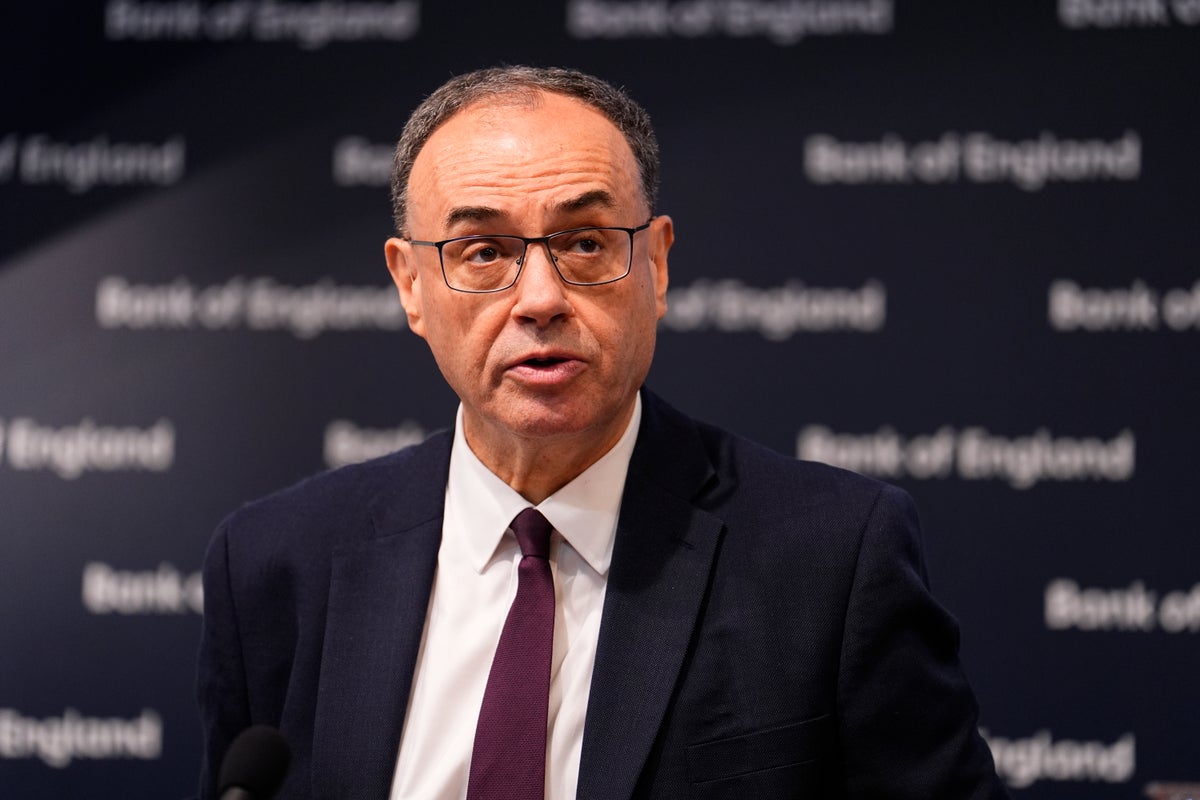From reproductive rights to climate change to Big Tech, The Independent is on the ground when the story is developing. Whether it’s investigating the financials of Elon Musk’s pro-Trump PAC or producing our latest documentary, ‘The A Word’, which shines a light on the American women fighting for reproductive rights, we know how important it is to parse out the facts from the messaging.
At such a critical moment in US history, we need reporters on the ground. Your donation allows us to keep sending journalists to speak to both sides of the story.
The Independent is trusted by Americans across the entire political spectrum. And unlike many other quality news outlets, we choose not to lock Americans out of our reporting and analysis with paywalls. We believe quality journalism should be available to everyone, paid for by those who can afford it.
Your support makes all the difference.
Read more
Weak economic growth and a drop in workforce numbers are posing an “acute challenge” to Britain, Bank of England governor Andrew Bailey has said.
An ageing workforce coupled with a rise in the number of people defined as “long-term sick” means the UK’s productivity is suffering, he told a gathering of fiscal policymakers in Jackson Hole, Wyoming.
According to official data, the percentage of 16- to 64-year-olds who are economically active in Britain has dropped since the Covid pandemic, making the country an outlier among advanced economies. Mr Bailey added that it is a “very concerning development” that mental health has become the most common reason for inactivity.
There were caveats to this data, he said, such as a low response rate and a higher chance that economically inactive participants would take part.

open image in gallery
Andrew Bailey says the UK is ‘well at the bottom of the league table’ (PA)
Regardless of this, Mr Bailey said: “This is a pretty sad story for the UK because … we are well at the bottom of the league table.”
Speaking over the weekend, the policymaker also suggested that increasing sickness and a large decline in young people in work may be at least partially connected.
Recent government research found that nearly one in four people out of work due to ill health are under 35, with mental health being one of the most common issues.
Raising productivity growth needs to be a priority for Britain, Mr Bailey said, adding: “Ageing is not going to turn around in the foreseeable future.” Forecasts show that 40 per cent of the UK population will be older than 64 by 2040.”
Labour has said it wants to boost labour force participation and economic growth, unveiling several policies with this aim since coming into power in July 2024.

open image in gallery
Food and services inflation are causing the UK’s headline rate to remain above target (PA)
The Department for Work and Pensions (DWP) received £45m to deliver a “youth guarantee” – a project in its early stages – which aims to ensure all young people are either in work, education, or training.
Welfare reforms have also formed a central part of the government’s plans to boost workforce participation. However, ministers were forced to water down cuts to disability benefits in July following widespread criticism, including from many of their own MPs.
Data for April to June 2025 showed that 21 per cent of Britons aged 16-64 are neither in work nor actively seeking work, down from a peak of 22.2 per cent in 2024, but above the 20.3 per cent seen pre-pandemic.
Some Bank of England policymakers have expressed fears that labour force participation is causing Britain’s inflation rate to remain stubbornly fixed above target. At 3.8 per cent in July, it remains the highest in the G7, and far above the Bank’s 2 per cent goal.
